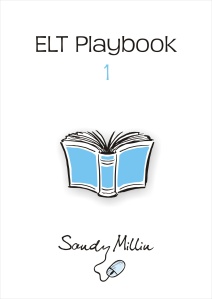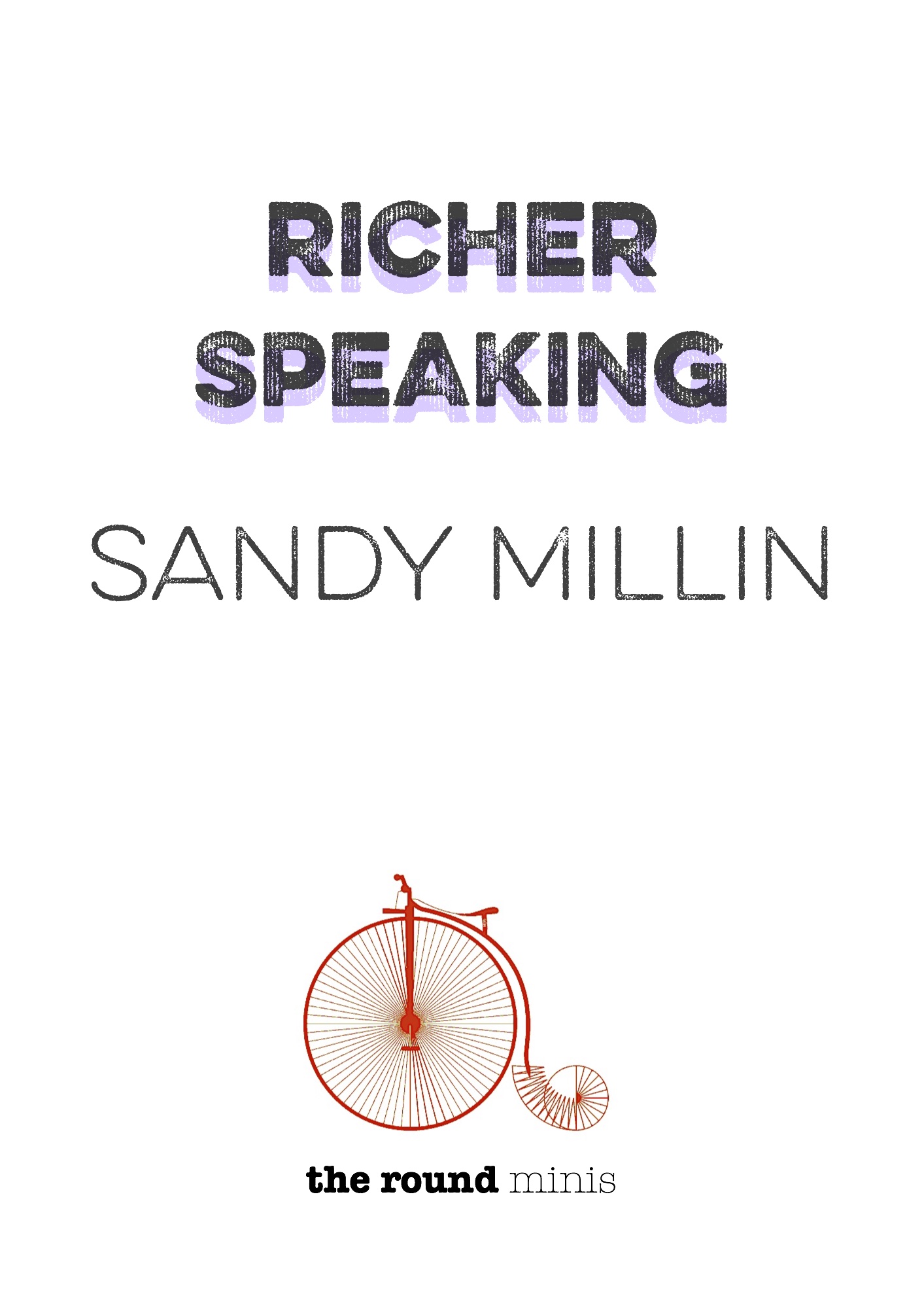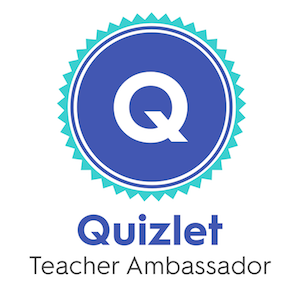Preparing for IELTS: Useful Links
Are you currently preparing for the IELTS exam? If so, you might have noticed that there is a lot of stuff available on the internet to help you. But where do you start? Here! This post gives you a collection of links that could help you in your preparation and explains what you can do with each of them.

IELTS! image taken from en.wikipedia.org via google search for images licensed for commercial reuse with modification
General
This is where you should start: this is the official IELTS website and contains all the information you need to know about how to register, how to find a test centre etc. It also contains a test sample for each of the 4 components and a complete set of FAQ’s.
Have you ‘liked’ and ‘followed’ this page yet? It is linked to the official IELTS page and is regularly updated with quiz questions relating to the various parts of the IELTS exam, as well typical grammar and vocabulary-related questions.
You should find this website very useful. It has sections on writing, reading, speaking, listening, grammar, vocabulary, as well as advice and opportunities for practice, and a section where you can find all the material that you can download for free e.g. sample tests, sample answers for the writing etc. You can also look at what other students have written for Writing Part 1 and Part 2, together with feedback on their work.
You might already have visited the British Council Learn English page. Did you know it also has an IELTS section? The British Council Learn English IELTS section has some online practice materials, test papers and tips to help you get ready for all four modules of the IELTS test. You can also watch a video where learners from all over the world share their views and opinions about IELTS (How do they compare with yours?!) and a series of videos that focus on the speaking module of the test.
Doing practice tests is a good way to get used to the feeling of doing an IELTS exam. At first you may need longer than the time limit assigned to each test component, but make sure that before you do your IELTS exam you have done some practice tests in the correct time limit e.g. 1hr for the Writing Paper Parts 1 AND 2. Here, at IELTS Exam-Net, you can find a collection of freely accessible practice test materials for all four test components.
There is lots of material for IELTS preparation that you can use on this website. It looks at each of the four components as well as relevant grammar and vocabulary for both General and Academic IELTS (the vocabulary activities on this site for Academic IELTS are based on the Academic Word list – do you know it? See the Vocabulary section for more information!). It provides you with lots of opportunities for learning how to approach the exam, practising for it, and, with regards to the writing part, seeing what other students have produced.
Visit this website for daily IELTS ‘lessons’ from ‘Simon’, who is an ex-IELTS examiner. For example, the latest lesson is ‘IELTS Writing Task 1: using words from the chart’. There are categories for each of the components, and the writing divided up into Academic Part 1, Academic Part 2 and General. There is also a section dedicated to general advice and one for useful grammar and vocabulary.
Reading
Make sure you prepare for the correct reading test: the Academic IELTS reading test and the general IELTS reading test use different texts. The General IELTS test uses things like newspaper articles, while the Academic test using texts that are more academic in nature (funnily enough!). Decide which test is more suitable for your requirements and then use practice materials that are relevant to it.
This is a link from IELTS Buddy that gives an overview of the reading component of the exam. It clearly explains the different question types, the requirements of each of these, and offers some useful tips.
From the British Council Learn English IELTS page, this is a reading text and some questions, together with an answer key for checking afterwards.
This is a comprehensive page from DC IELTS which focuses on the reading component of the IELTS exam. Here, you can find links to tutorials that focus on each of the reading question types (as with the overview above, yes, but have a look at both as you may find one easier to understand than the other!), tutorials that focus on increasing your reading speed (being able to read fast is very important as you only have an hour to complete the reading exam), tutorials focusing on the necessary reading sub-skills (e.g. skimming and scanning), a band calculator (so you can translate your reading score into an IELTS Band) and some exam tips.
Listening
The listening paper is the same, whether you are doing General or Academic IELTS.
In this link, IELTS Buddy offers you a clear overview of the listening component of the IELTS exam, as well as a selection of practice tests to do.
You can do some more listening test practice on this part of the British Council Learn English IELTS page.
From the DC IELTS website, this page gives you a clear overview (the same applies as with the reading: look at more than one overview so that you can check your understanding and find the overview which makes most sense to you) of the listening component of the IELTS exam, together with links to 10 lessons that focus on various sub-skills that you need to be confident with in order to do well in this component. It also boasts a Band Calculator that you can use to translate your listening scores into IELTS bands.
On the very site that you are visiting now, Independent English, you can find this post on IELTS friendly podcasts. It gives you links to a range of podcasts on IELTS style topics e.g. science and global problems, and offers suggestions for using these effectively for your listening preparation. Remember, it is good to listen extensively, not just to do test practice, in order to develop your listening.
Speaking
The Speaking test is also the same whether you are doing Academic IELTS or General IELTS.
It is very important to know how you are being assessed. Here, you can look at the assessment criteria for the speaking component of the exam and measure yourself against them.
This is a series of videos put together by the British Council, which give you advice on how to approach the speaking component of the IELTS exam.
Here is a comprehensive overview of the speaking component. This DC IELTS page contains a useful map of the speaking exam, some tips for success, some training videos, some practice questions, some information about the exam format and some advice on how to use preparation time. And that’s just for starters!
Writing
Make sure you prepare for the correct Writing paper. As with the reading, the Academic IELTS and General IELTS writing components are different. Academic IELTS requires you to write about a diagram (e.g. a graph, a chart, a map, a process…) in Part 1 and to write an essay in part 2. You are expected to use a formal, academic register. In General IELTS, task types have a more general focus e.g. writing a letter. Most of the links in this section apply to the Academic IELTS Writing paper. However, you may find that on the websites in question, you could also search for and find information about the General IELTS writing paper.
This post from the IH London Blog helps you prepare for the IELTS writing component, by focusing on how to structure a Part 1 and a Part 2 piece of writing.
Writing Part 1
Here, ‘IELTS Buddy’ provides sample Writing Part 1’s for all the possible task types and analyses the process of producing an answer to a Writing Part 1 task.
Again from ‘IELTS Buddy’, here you can look at other students’ work together with feedback on it.
As we mentioned in the Speaking section of this post, it is important to know how you are being assessed. This is a link to the criteria used for marking Part 1 of the writing component of the IELTS exam.
This is a blog post from TEFL Reflections, containing a podcast focusing on the Task Achievement category of the assessment criteria for Part 1. Why not listen to it and find out more about this category of the assessment criteria? You would be ‘killing two birds with one stone’: practising your listening AND learning more about writing! NB: This blog also has other useful posts relating to the IELTS exam including focus on writing and on speaking. If you put ‘IELTS in the search box, you can find these.
Did you know that the Writing paper part 1 can potentially give you not just one but TWO diagrams to comment on? As if one wasn’t bad enough! What do you do then? Don’t worry, this article on Exam English explains how to approach an IELTS part 1 with two sources of data within a single task, e.g. a graph and a table.
Writing Part 2
Do you know how important it is to make a plan before you start writing? This blog post on the IH London blog focuses on how to improve your writing score for part 2 by planning more effectively. NB: This blog contains other useful IELTS-related articles in its exams category. Just search for ‘IELTS’ to bring up all the posts.
In this section of IELTS Buddy, you can look at example part 2 essays written by other students, together with feedback.
And here is the criteria that examiners use for marking Part 2 of the writing component of the IELTS exam. Look at them carefully and try to identify the differences between the bands.
Writing a good introduction and conclusion can make a big difference to the standard of your writing. From Exam English, this is a detailed explanation of what examiners are looking for in the introduction and conclusion of a Writing Part 2 essay.
Writing part 2 questions follow a particular format. There are different types of question, each requiring a slightly different response. Test-takers often lose marks by misunderstanding what the question wants them to do. Here is anther article from Exam English, this time explaining how Part 2 questions work and how to make sure you have answered them fully.
From DC IELTS, this page is to help you with IELTS essay writing. It looks at the different types of essay, structuring an essay, the process of writing an essay, some sample essays, vocabulary for essay writing, a focus on each portion of the essay (introduction etc.), and guidance on how to review your essay effectively once you’ve written it. Work your way through this page and you should hopefully start to feel more sure of yourself in this section of the exam!
Vocabulary and Grammar
It is often said that the IELTS test is set up to make sure that test-takers get the band that fits their language capability. Provided that you have mastered your exam technique, this should be the case. But how can you improve your language level prior to taking the test? Unfortunately, time and hard work is really the only way. However, you can help yourself by ensuring that you are familiar with the type of grammar and vocabulary that you should be using in the IELTS exam. Here are some sources to help you with this:
This is a link to all the lessons on the IELTS Simon site that focus on IELTS grammar and vocabulary-related topics, for example ‘IELTS Grammar: natural answers‘ and ‘IELTS Vocabulary: Band 7-9 words‘. If you look at one of these a day between now and your test, it will already be a jolly good start. Remember, little and often is key in preparation. Don’t leave it all until the last minute!
Quizlet
Quizlet is a useful website that allows you to review and memorise vocabulary, while having fun at the same time. Registration is free and can be done by setting up a new account or by using a Facebook or Google account. You can access sets of flashcards that other test takers have made, or create their own. Quizlet can be used on both smartphone and tablet devices (Apple and Android) as well as your computer. If you are not sure how to use Quizlet, here is a guide from Independent English to help you!
Once you have got the hang of using Quizlet, here are some sets relating to IELTS that you can use:
Quizlet sets relating to IELTS speaking component.
Quizlet sets relating to IELTS writing component.
Quizlet sets relating to IELTS reading component.
Quizlet sets relating to IELTS listening component.
Memrise
Memrise is another site dedicated to learning while having fun. Registration is free and can be done by setting up a new account or using a Facebook account. Memrise can be used on both smartphone and tablet devices (Apple and Android) as well as your computer.
Here is a selection of the courses that have people have made to prepare for IELTS:
A selection of courses relating to IELTS. Memrise courses relating to IELTS
Other vocabulary resources
The Academic Wordlist is a list of the most commonly used words in Academic English. Familiarity with these and ability to use them is one way of bringing up your IELTS scores. If you go to this link at Exam English, you should find the academic wordlist and some related quizzes.
From the DC IELTS website, this is a comprehensive set of activities linked with the Academic Word List, including activities that allow students to see the words used in the context of IELTS writing answers. Includes daily activities and review activities as well.
Exam English have made a timed quiz relating to words from the academic word list.
Wordandphrase.info is a tool for corpus (a collection of texts stored electronically) analysis and the academic version allows you to search an academic corpus for words or phrases and generate concordances (lists of examples showing how they are used), as well as definitions, synonyms, collocates and frequency information.
Grammar-related links
Exam English have put together a twenty question grammar quiz for IELTS test takers. Why not see how you do?
This link, from the IELTS-exam.net website, offers offers “concise yet comprehensive coverage of the grammar necessary in order to be successful in the IELTS test.” You might find this a useful reference point.
Exam strategies, techniques and tips
In order to succeed at IELTS, you need control over a range of strategies and techniques. As well as all those you’ve hopefully picked up by looking at all the links so far, here you can find a few more:
This video from the British Council shows students from all over the world giving their opinions and tips for the IELTS test.
From IELTS Buddy, this is a collection of lessons relating to each of the four components of the exam, containing lots of tips for how to approach these most effectively.
This is a set of exam tips from the Exam English website.
The top five fears of IELTS test takers and how to overcome them. How do they compare to your fears?
Knowing the exam well is a key strategy, and this is a quiz from the DC IELTS page for you to find out where they are with this.
10 Tips to help students succeed in the speaking component, from DC IELTS.
Apps
If you enjoy the world of tablet and smartphone, here are a couple of apps that might be worth looking at:
This app was developed by Sam McCarter, writer of the Macmillan Ready for IELTS coursebook. It works on iPhone, iPad and Android devices. For free, you get access to a wide range of interactive activities to practice essential IELTS exam skills, and for £3.99 or five dollars, you get that plus ‘take the test with an interactive video examiner’, detailed hints and tips on all the different parts of the exam and an interactive ‘can do’ statement section with which you can score yourself. If the course book is anything to go by, then I would imagine that this app will be worth the small cost. But even if you don’t want to pay, why not at least get what’s available for free?!
This is a free app developed by the British Council, which enables you to work on building up their IELTS-relevant vocabulary, through doing lots of quizzes and fun activities. There are different topics, typical to IELTS, such as ‘The Environment‘ and ‘Work and Business‘.
Do you know any other useful websites or apps for IELTS preparation? If so, please comment on this post and share them with other test-takers!
We hope you have found this list of links useful. Good luck with your test preparation and fingers crossed you get the band you are hoping for!





